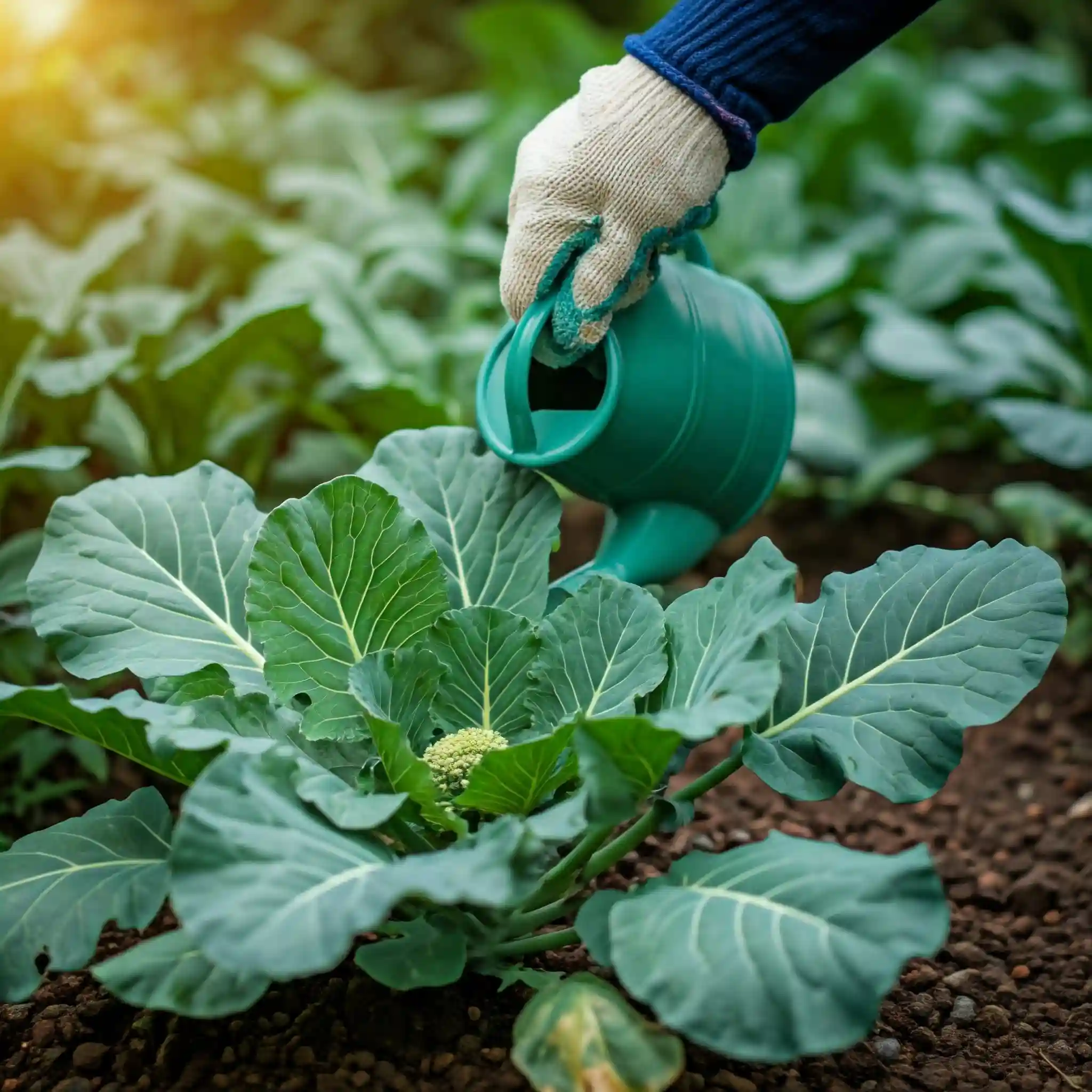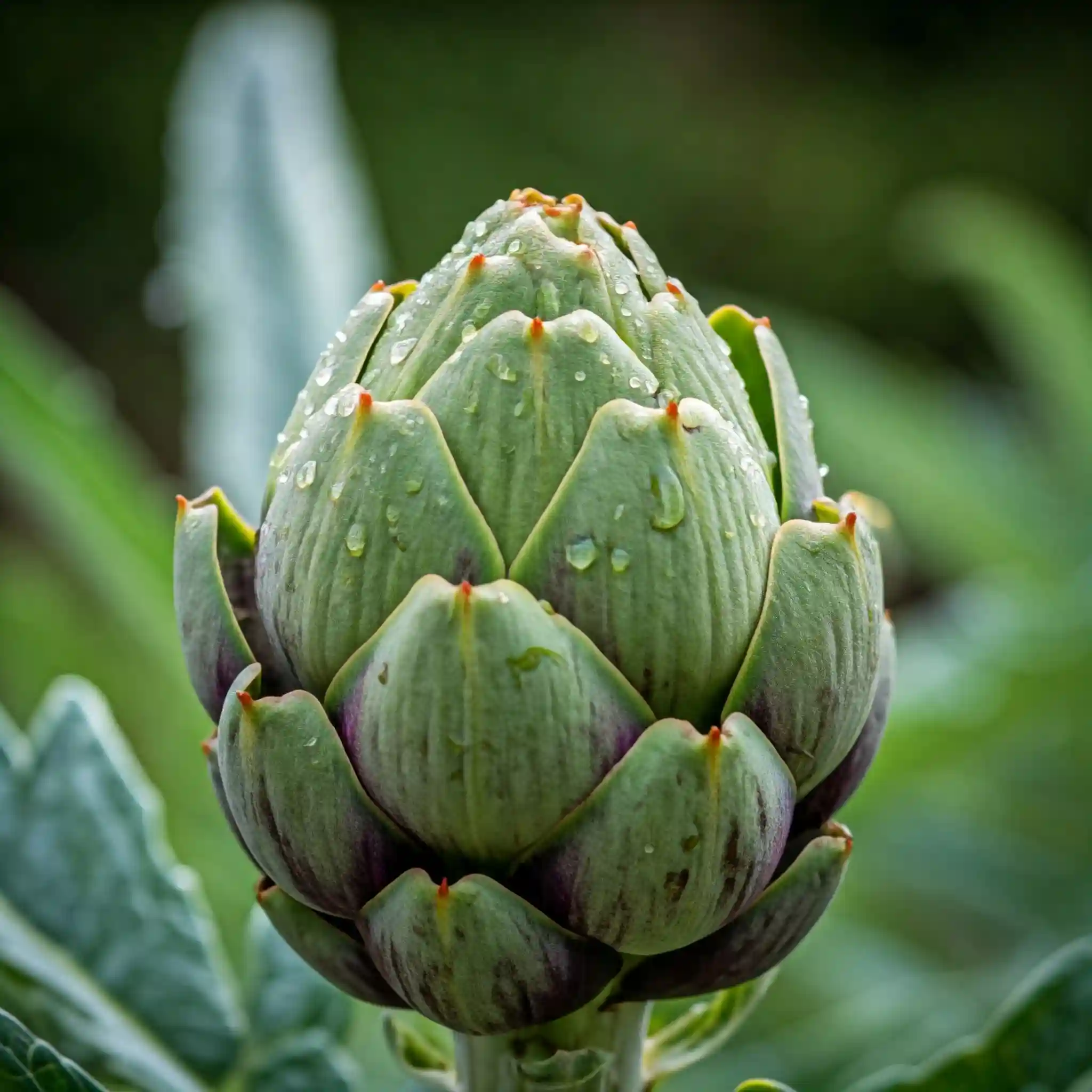Are you tired of water restrictions and soaring water bills? Looking for a sustainable and cost-effective way to water your garden? Look no further than rain barrels! Rain barrels are a simple yet powerful tool for collecting rainwater and using it to irrigate your plants. By harnessing the power of nature, you can reduce your reliance on municipal water, conserve resources, and save money.
In this comprehensive guide, we’ll explore everything you need to know about buying the perfect rain barrel for your garden. We’ll cover topics such as size, material, features, installation, and maintenance. Whether you’re a seasoned gardener or just starting out, this information will help you make an informed decision and maximize the benefits of rainwater harvesting.
Choosing the Right Rain Barrel
When it comes to selecting the ideal rain barrel for your garden, several factors need to be considered. The size and capacity of the barrel, the material it’s made from, and the features it offers are all crucial aspects to evaluate.
Size and Capacity
The size of your rain barrel should be determined by your garden’s water needs and the available storage space. For small gardens and patios, a 50-gallon or 100-gallon barrel may suffice. However, larger gardens or those with extensive irrigation systems may require a barrel with a capacity of 250 gallons or more.
Material
Rain barrels are typically made from plastic or metal. Plastic barrels are generally more affordable, lightweight, and durable, while metal barrels offer a more rustic appearance and may be more resistant to pests. Consider your personal preferences and budget when choosing between these materials.
Features
Many rain barrels come with additional features that can enhance their functionality and convenience. Some common features include:
- Spigots: Multiple spigots allow you to access water at different heights.
- Overflow valves: Prevent barrels from overflowing during heavy rainfall.
- Screens: Keep debris and mosquitoes out of your collected rainwater.
- Diverter kits: Direct rainwater from your gutters directly into the barrel.
Installation and Maintenance
Proper installation and regular maintenance are essential for ensuring the longevity and effectiveness of your rain barrel. Follow these guidelines to ensure optimal performance:
DIY Installation
Installing a rain barrel is a relatively simple task that can be done with basic tools and a little know-how. Here’s a step-by-step guide:
- Choose a suitable location: The barrel should be placed in a shaded area to prevent algae growth and reduce water evaporation.
- Prepare the base: Create a level base for the barrel to prevent it from tipping over.
- Connect the barrel: Attach the barrel to your gutter using a diverter kit.
- Install the spigots: Place the spigots at convenient heights for easy access to water.
Professional Installation
If you’re unsure about your DIY skills or prefer to have a professional handle the installation, consider hiring a contractor. They can ensure that the barrel is installed correctly and efficiently.
Maintenance Tips
To keep your rain barrel in good condition, follow these maintenance tips:
- Clean regularly: Remove any debris or leaves from the barrel and the surrounding area.
- Sanitize: Treat the water with a mild bleach solution to prevent algae growth.
- Winterize: If you live in a region with harsh winters, take steps to protect your barrel from freezing.
- Inspect for leaks: Check the barrel and connections regularly for any signs of leaks.
Best Rain Barrels for Different Needs
The ideal rain barrel for your garden will depend on your specific needs and preferences. Here are some recommendations for different situations:
Large-Scale Gardening
If you have a large garden or farm, you’ll need a high-capacity rain barrel to meet your water needs. Consider options with multiple spigots and overflow valves to ensure efficient water distribution.
Small Gardens and Patios
For smaller gardens and patios, a compact rain barrel is a great choice. Look for barrels with stylish designs that complement your outdoor space.
Rooftop Gardening
If you’re gardening on a rooftop, you’ll need a rain barrel that can be easily installed and maintained in a confined space. Look for barrels with lightweight designs and easy-to-use features.
Water Conservation
If your primary goal is to conserve water, consider rain barrels with advanced features such as filtration systems or built-in timers. These features can help you maximize the efficiency of your rainwater harvesting system.
Frequently Asked Questions
Rain barrels are a popular choice for gardeners and homeowners looking to conserve water and reduce their environmental impact. However, many people have questions about the benefits, costs, and maintenance of these versatile tools. Here are some of the most frequently asked questions about rain barrels:
How much water can a rain barrel hold?
The capacity of a rain barrel can vary widely depending on its size and shape. Most residential rain barrels range from 50 to 250 gallons. However, larger commercial-grade barrels can hold up to 1,000 gallons or more.
How often should I clean my rain barrel?
It’s recommended to clean your rain barrel at least once a year to prevent algae growth and maintain water quality. The frequency of cleaning may need to be increased depending on your local climate and the amount of debris that accumulates in the barrel.
Can I use rainwater from a rain barrel for drinking?
While rainwater is generally safe to use for non-potable purposes like gardening and household cleaning, it’s not recommended for drinking. This is because rainwater can contain contaminants such as bacteria, viruses, and heavy metals. If you need drinking water, it’s best to rely on a municipal water supply or a well that has been tested for safety.
Are rain barrels expensive?
The cost of a rain barrel can vary depending on its size, material, and features. However, rain barrels are generally considered to be a relatively affordable investment. Many homeowners find that the savings on water bills and the environmental benefits far outweigh the initial cost.
Where can I buy rain barrels in Surabaya?
There are several places where you can purchase rain barrels in Surabaya. Local hardware stores, gardening centers, and online retailers often carry a variety of options. You may also be able to find rain barrels at community markets or farmers’ markets.
What is the best time of year to install a rain barrel?
The best time to install a rain barrel is during the rainy season, so that you can start collecting rainwater immediately. However, if you’re planning to install a barrel during the dry season, you can still benefit from it by collecting rainwater from future storms.
Conclusion
Rain barrels are a valuable tool for gardeners and homeowners who want to conserve water, reduce their environmental impact, and save money. By following the tips and guidelines in this guide, you can choose the right rain barrel for your needs, install it properly, and maintain it effectively.
Remember, the benefits of using a rain barrel extend beyond simply collecting water. By harvesting rainwater, you’re also helping to reduce stormwater runoff, protect local waterways, and contribute to a more sustainable future.




